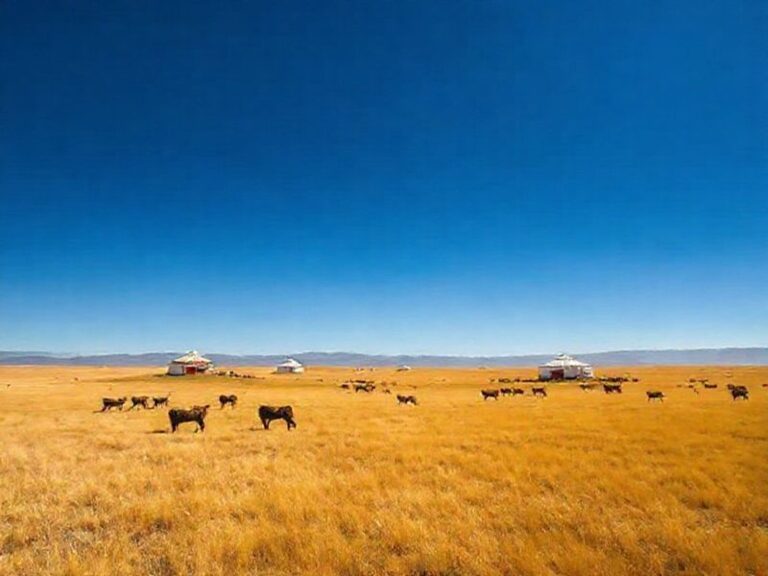Betfair: The Global Casino Where the World Gambles on Itself
Betfair: The Global Casino Where Nations Come to Whisper Odds
By our resident correspondent, still recovering from last night’s in-play volatility
LONDON – Somewhere between the forex desks of Singapore and the cigarette-scented betting shops of Manchester, humanity decided that the future wasn’t uncertain enough. Enter Betfair, the London-born exchange that turned “I bet you” into a trans-national asset class. Launched in 2000, the platform now takes wagers in 40-odd currencies, allowing Punter A in São Paulo to lay odds against Punter B in Stockholm on whether Punter C (possibly a Swedish striker) will miss a penalty. It’s capitalism’s answer to prayer, provided your deity of choice has a sense of irony and a PhD in probability.
The genius—if one chooses to use that word without winking—is that Betfair isn’t a bookmaker; it’s a bourse. Users set the line, the market corrects it, and the house clips a tidy 2-5 % commission. Think of it as Tinder for pessimists: you swipe right on someone else’s misfortune, then pay a small fee for the privilege. In the UK alone, the company’s liquidity regularly exceeds the daily volume of the Lithuanian stock exchange, a statistic that either flatters Betfair or insults Lithuania, depending on your taste in Baltic macro jokes.
But the real action is offshore, where regulators squint at screens like substitute teachers who’ve lost control of the classroom. Australia, once the Wild West of gambling, now forces Betfair to pay a point-of-consumption tax that looks suspiciously like protection money for the local tote monopoly. Spain demands a licence so thick with compliance it could double as a doorstop. Meanwhile, the United States—land of the free, home of the 5,000 % payday-loan APR—still cordons off entire states as if online betting were fentanyl in digital form. The result is a geographic patchwork reminiscent of Prohibition, except Al Capone trafficked in liquor, not Leicester City’s half-time score.
Developing markets provide the darkest comedy. In India, where public morality oscillates between yoga and tax raids, Betfair’s domain is blocked more often than a Delhi sewer. Yet VPN downloads spike before every IPL match, proving that nothing accelerates technological literacy like the prospect of easy money. Across the subcontinent, teenagers who can’t legally vote are fluent in decimal odds, while their grandparents still hoard gold under the mattress—both generations hedging against the future in their own charmingly irrational ways.
The geopolitical subplot is richer than a Qatari sheikh’s yacht party. When the 2022 World Cup was awarded to that sun-baked construction site, Betfair markets on “next Qatar manager” tightened faster than the labour camp gates. Every managerial sacking produced arbitrage opportunities visible from space. One wonders whether foreign-policy think tanks waste their time with embassies when they could simply monitor the next-move odds on “Which dictator falls first?” The Pentagon already tracks Twitter; MI6 could do worse than follow the money on Betfair’s political markets, where a sudden plunge on “Prime Minister to resign this week” has repeatedly beaten the BBC’s alert system by a full news cycle.
Of course, the human collateral accumulates quietly. Italian medical journals report a 37 % spike in cardiac events during in-play Serie A fixtures, a statistic Betfair’s marketing department curiously omits from its annual report. In Kenya, mobile-loan defaults rise in lockstep with English Premier League fixtures, as if the ghost of colonialism had discovered fractional betting. The World Bank won’t list “liquidity provided by desperate gamblers” as a balance-of-payments line item, but perhaps it should; the cash flows are real, even if the hopes aren’t.
Environmentalists fret about Bitcoin’s energy use, yet say little of the server farms humming so punters can cash out before the red card. At least crypto miners pretend to create something; Betfair merely facilitates the world’s most efficient redistribution of dopamine. Still, every ecological disaster needs its carbon offset, and the company’s new “responsible gambling” ads—featuring slow-motion footage of a man laughing with his family instead of smashing his laptop—are as convincing as a tobacco executive jogging in a fun-run T-shirt.
So what does it all mean? Simply that we have built a planetary nervous system whose synapses fire on the probability of rain at Wimbledon. National economies may stall, glaciers may calve, but somewhere a market will open on the exact minute the first drop falls. Progress, after all, is just the increasingly sophisticated ways we monetise our own anxiety. Betfair hasn’t corrupted human nature; it has merely upgraded the firmware. The house always wins, yes—but these days the house is us, and the door we’re leaning against opens onto the void, conveniently live-streamed with cash-out options.
Bet responsibly, humanity. The odds on civilisation were last seen drifting outward.







